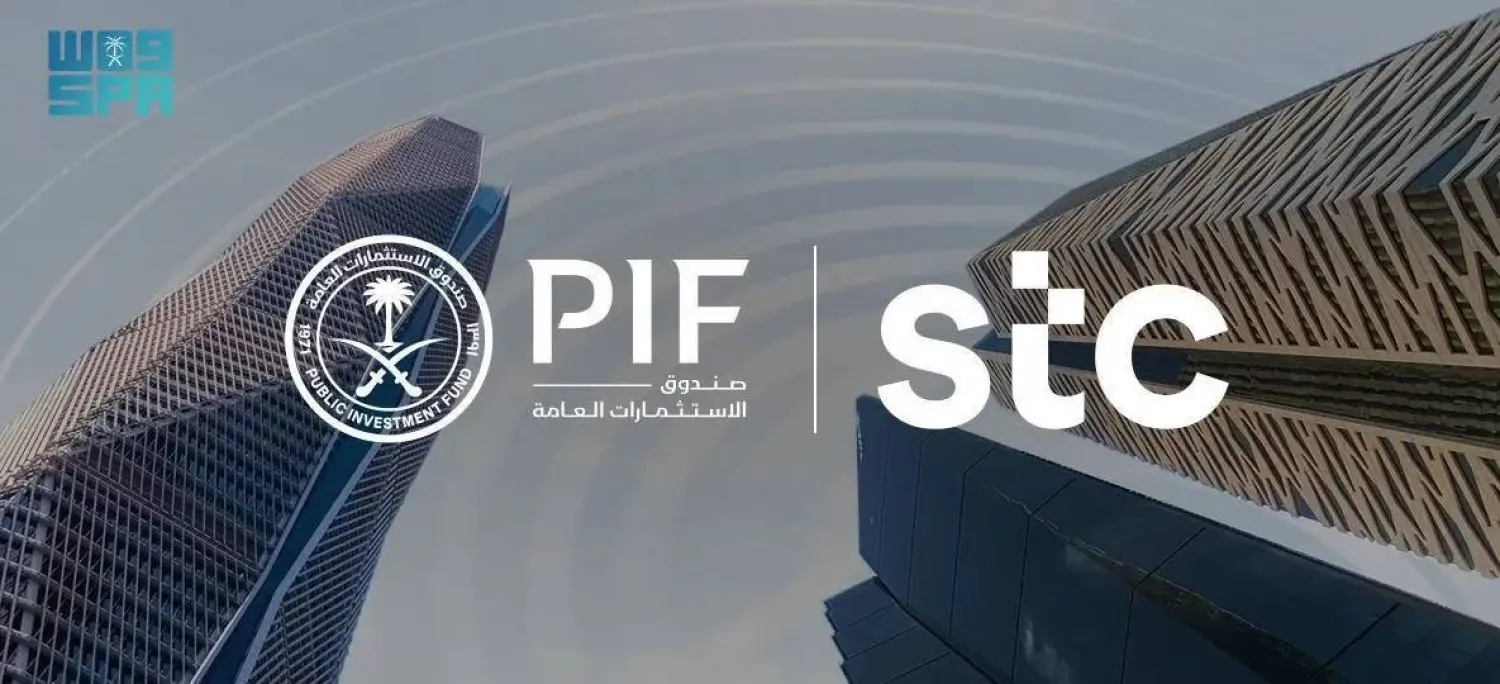Saudi Arabia’s Public Investment Fund (PIF) and Saudi Telecommunications Company (stc Group) announced on Monday the signing of definitive agreements whereby PIF will acquire a 51% stake in Telecommunication Towers Company Limited (TAWAL) from stc Group.
TAWAL is the largest telecommunications infrastructure company in Saudi Arabia and one of the largest in the region, with an enterprise value of $5.85 billion per the agreement.
Subsequently, PIF and stc Group will consolidate TAWAL and Golden Lattice Investment Company (GLIC) – in which PIF holds a majority shareholding – into a new merged entity, forming the largest regional company in the telecommunication infrastructure sector, said a PIF statement.
The combined new entity will be owned 54% by PIF and 43.1% by stc Group, with GLIC minority shareholders owning the remaining issued share capital.
The transactions are expected to be completed in the second half of 2024 after obtaining all required regulatory approvals and satisfying other necessary conditions under the agreements.
Head of MENA Direct Investments at PIF Raid Ismail said: “Today's announcement is a significant milestone for the telecommunications industry in Saudi Arabia and the wider region. By bringing together the assets of GLIC and TAWAL, we will establish a consolidated platform on which the telecommunications sector can flourish and give people a better experience to best connect communities and businesses.”
“It is also in line with PIF’s strategy and the Saudi Vision 2030. Fast, reliable and accessible connectivity is a key enabler of growth and a cornerstone for the society, and these agreements mark a major stride towards a more interconnected digital future,” he stressed.
Group Chief Investment Officer of stc Group Motaz Alangari said: “These agreements are part of stc Group’s continuous endeavor to grow and maximize value in the most sustainable manner, by recycling capital while retaining ownership in strategic value-added assets to benefit from the return on these assets and enable expansion into new domains.”
“Today’s announcement is in line with stc Group’s strategy and the pivotal role that the group is playing in accelerating the digital transformation of society and the economy in Saudi Arabia and the region,” he went on to say.
“Combining TAWAL and GLIC is a stepping-stone to consolidating the Saudi tower market and driving further efficiencies and operational excellence to deliver superior experiences and value for customers,” he added.
The new entity is expected to significantly enhance consumer experience and network coverage, as well as improve connectivity and mobile internet speeds by consolidating Saudi Arabia’s tower assets. It will also deliver operational efficiencies, help drive wider innovation in the telecommunication sector across the region and globally, and support development of a more efficient and frictionless business environment.
The agreements mark PIF and stc Group’s ambition to integrate and strengthen the Saudi telecommunication infrastructure sector to unlock its consolidated potential. This follows TAWAL’s acquisition of infrastructure assets in Bulgaria, Croatia and Slovenia, making it the region’s largest independent tower company.
The new merged entity will boast approximately 30,000 mobile tower sites and will become one of the largest tower companies globally with estimated annual revenues of approximately $1.3 billion.
Today’s announcement aims to ensure the resilience and international competitiveness of a critical national digital infrastructure asset and aligns with the goals of Vision 2030. It also builds on PIF’s and stc Group’s strategy to enhance Saudi Arabia’s innovation capabilities as a globally competitive hub for the technology, media and telecommunication sector.









